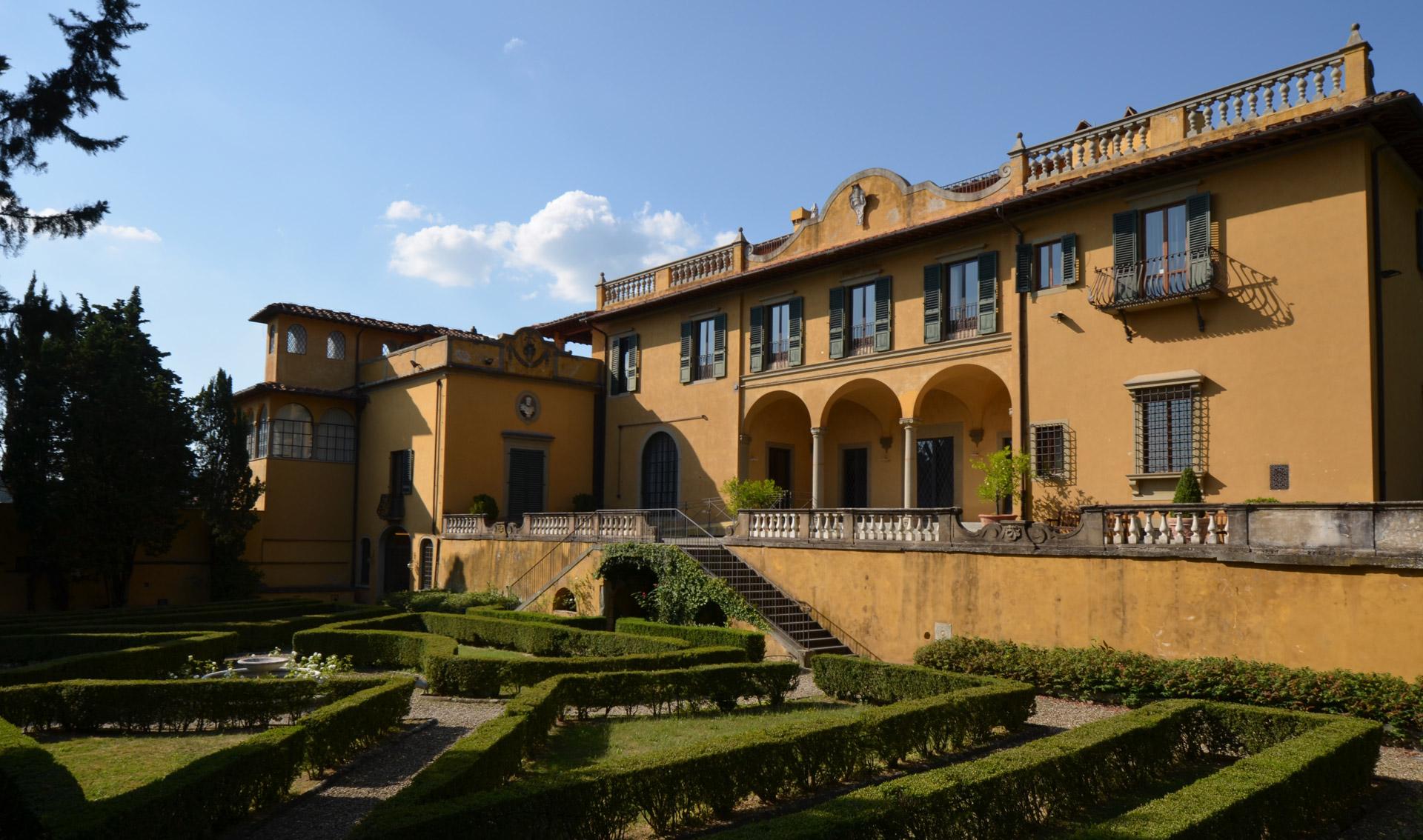Read more
Blog, Migration Governance
“Safe return review” refugee policy: counter-productive and morally indefensible
Exploring the government’s new refugee policy, Marcia Vera Espinoza, Clara Sandelind, and Brid Ni Ghráinne argue that the process could prove to be damaging in multiple ways, all while not benefitting anyone. They conclude that...
By Laura Foley and Andrea Pettrachin
As the two newest recruits to the MIGPROSP project, this is our first conference as part of the team and we are really looking forward to it. The programme for the conference, available here, is packed full of interesting papers and speakers and will make for two days of stimulating discussion. On the eve of the conference, we reflect what we are most excited about for the conference.
Laura: As part of the MIGPROSP project, my research analyses the governance of low-skilled labour migration in Southeast Asia so there are a number of speakers that I look forward to hearing, especially the opening panel on May 25th which includes Nicola Piper and Sandra Lavenex’s paper Regional migration governance in Asia: perspectives ‘from above’ and from below’. In the paper, they contrast the dissociation between formal highly selective mobility norms, which tend to reflect government’s preference for temporary movements of highly skilled professionals, with informal governance “from below” consisting of the “bottom up” mobilisation of civil society actors. In the paper, they seek to identify the venues through which these two largely dissociated processes may be brought closer to another.
On May 26th I am similarly looking forward to hearing Stefan Rother’s paper The uneven migration governance of ASEAN where he explores the uneven governance response to labour migration in Southeast Asia, notably the ‘glaring governance deficit’ of lower-skilled migration. Rother’s contribution will analyse how the governance deficit is addressed by the vibrant civil society in the region who provide ‘migration governance from below’. This is of particular interest as civil society organisations in Southeast Asia are some of the actors that will be included in my research.
As I am in the first year of the PhD and have very much been engrossed in the dynamics of migration governance in Southeast Asia, I also look forward to hearing insights about migration governance in other regions. For example, On May 26th I look forward to hearing Sarah Leonard’s paper Frontex and asylum seekers: between securitization and human rights where she will present the activities of the European External Borders agency Frontex, examining the various criticisms that have been levelled at the agency with regard to respect for human rights, especially asylum-seekers’ rights, and analysing the various changes that have been introduced to respond to criticisms.
Finally, I should add that, as I have never been to Florence before, I am really looking forward to seeing the city!
Andrea: Differently from Laura, my research investigates the governance of asylum-seeking migration in Italy and I am thus particularly looking forward to hearing the many speakers that are going to deal with issues related to the current European “refugee crisis”. It is so exciting, at the end of my first year, the idea of meeting scholars that are largely referenced in my literature review, to know how their research activity has recently developed and to speak to them in person!
I am of course looking forward to hearing all of the papers related to asylum-seeking migrations: among them, Barbara Oomen’s paper ‘Going local in migration governance: the interplay between city, national and regional refugee policy’, exploring the degree to which (networks of) cities increasingly seek to take a central stage in the welcome and integration of migrants, and Christian Kaunert’s paper on ‘Refugees, security and the European Union’, which analyses the extent and the modalities of the securitization of asylum-seekers and refugees in the European Union. Having spent some months of my life in Ceuta, the Spanish enclave in Morocco, I am also very interested to know something more about how the Moroccan migration regime is changing, which is at the core of Katharina Natter’s paper Changing migration regimes in Morocco and Tunisia: actors, interests and ideas.
I am finally really looking forward to hearing the contributions coming from within the MIGPROSP Project and to spend some time exchanging ideas and experiences with the other members of the Project. I am sure it will be a great experience!
—
The EUI, RSCAS and MPC are not responsible for the opinion expressed by the author(s). Furthermore, the views expressed in this publication cannot in any circumstances be regarded as the official position of the European Union.

